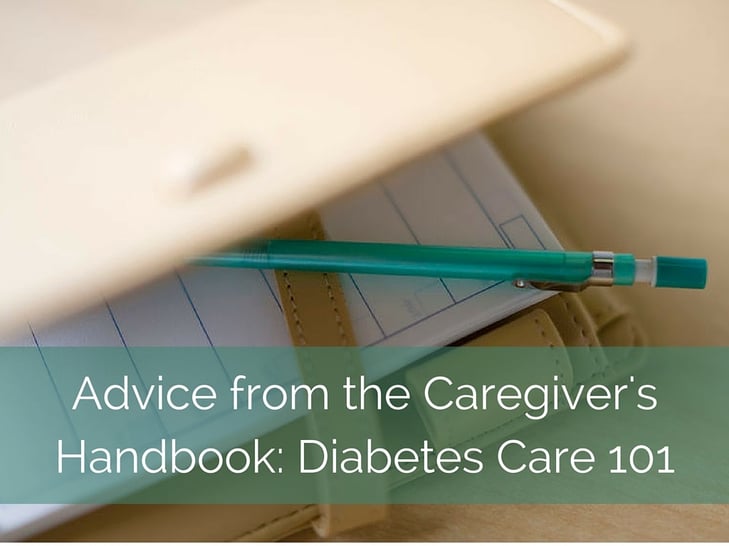
Dealing with diabetes can be difficult because the symptoms of diabetes can begin innocently enough. Some signs might even be attributed to normal aging until an acute episode occurs or the condition is diagnosed through a routine blood test. Senior health care specialists point out warning signs, but seniors themselves often miss them, ignore them or delay an examination. If you are the caregiver for an elderly parent or other loved one with diabetes, you will want to arm yourself with the facts and get to know all of the little idiosyncrasies of this disease.
Adjusting to the Diagnosis
Adjusting to life with diabetes can require some dramatic changes—for both older adults with the disease and their caregivers. In fact, the changes in daily life may seem huge at the beginning.
One thing to remember is that even though normal routines must be adjusted and mindfulness is necessary, it is entirely possible to live a full and satisfying life as a diabetic. Diet, exercise and emotional balance are like the three legs of the stool in diabetic care. They are interactive concerns, and they are as vital for the caregiver as they are for the patient.
Medical advice notwithstanding, it is important that caregivers learn about diabetes and about its effects, complications and warning signals. Knowing how to react, and when, are the key elements to helping a loved one adjust to living with diabetes. Make no mistake: It is a large adjustment.
The First Questions
Some of your first concerns, as a caregiver, will no doubt revolve around diet medical care.
- Can one bite of cake or a single spoonful of ice cream be so bad?
- How will I recognize a blood sugar spike?
- What is a diabetic coma?
- How do I test for blood sugar level?
- Are there alternatives to insulin injections?
- How much exercise is too much?
- Is irritability common?
- How do I deal with my parent's depression?
The list on questions may go on and on. As a caregiver, consult with your loved one's physician. Collect information from the American Diabetes Association. Find and join a local support group. Senior health care specialists in many communities are available to help with specific concerns; online information is available from reliable sources, including Mayo Clinic, the Diabetes Association and WebMD. No resource, however, is as good as the personal input from your parent’s senior health care professionals.
Ongoing Care Needs
Because the long-term effects of diabetes can impact so many other bodily functions, it is imperative to call upon the widest community of care that you can muster. As your parent, spouse or loved one ages, there are apt to be changes in behavior as well as the more physical manifestations of the disease.
Eyesight can be affected, and foot problems are legion among diabetics. Diet lapses and rebellion against the relentless need for glucose monitoring and medication are all too common. Nausea, sleep irregularity, dehydration, loss of appetite, neuropathy, decrease in strength and lack of interest in normal activities are also not unusual.
The antidote is not hovering or nagging. Constant monitoring may be impossible because of geographical separation. Often, the solution is a lifestyle change that allows for some assistance in while helping a loved one as much freedom as possible. Keeping daily routines as simple as possible is also beneficial.
Finding a retirement community well equipped to provide care in a supportive environment might be just the solution to your caregiving concerns. Ongoing monitoring ensures compliance with medical recommendations and ensures a watchful eye on fluctuations in mental and physical coping abilities—making your role as caregiver more manageable.
Contact us at Episcopal Retirement Homes for more information about available options.












